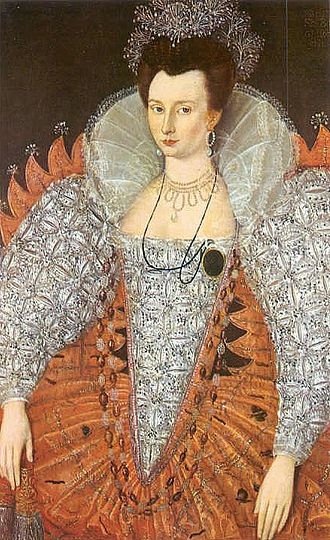Fitton Last Name Origin, History, and Meaning
Where did the surname Fitton come from? What does the surname Fitton mean? Discover the history and meaning of the last name Fitton and family migration on YourRoots Map.
Surname Fitton Origin: What does the last name Fitton mean?
The surname Fitton is of English origin, with records dating back to the early 12th century in England. It has remained closely associated with England throughout history, with notable individuals bearing the surname such as Edward Fitton and Mary Fitton. The name Fitton has a strong presence in England, especially by the 20th century, where it remains prominent.
YourRoots data confirms the historical presence of the Fitton surname in England, highlighting its significance in the country. The surname Fitton has a long-standing history and has maintained its prominence in England, showcasing its enduring legacy and heritage within the region.
Fitton Last Name History: Where did the last name Fitton come from?
Origin of Fitton Surname: Where does the last name Fitton originate from?
According to YourRoots data, the surname Fitton first appeared in records from England (United Kingdom) around the early 12th century. Please note that this reflects only YourRoots data for the exact Fitton spelling and does not include other record sources or surname variations.
History of the Last Name Fitton: What does the Fitton surname history look like in the early days?
The Fitton surname remained closely associated with England (United Kingdom) from the 12th to the 19th century.
Global Spread: Where can we find the Fitton surname today?
By the 20th century, the volume of records with the Fitton surname grew significantly in England (United Kingdom). The Fitton surname remains prominent in England (United Kingdom).
Explore Fitton last name heritage and Fitton surname origin based on YourRoots Map data
 VIEW THE ORIGIN OF SURNAME FITTON
VIEW THE ORIGIN OF SURNAME FITTONFamous People With Fitton Surame?

Mary Fitton
Mary Fitton (baptised 25 Jun 1578 – 1647) was an Elizabethan gentlewoman known for her scandalous affairs, including with William Herbert, 3rd Earl of Pembroke. Some believe she was the "Dark Lady" of Shakespeare's sonnets. Fitton served as a maid of honour to Queen Elizabeth and had tumultuous relationships with prominent men of her time. Despite her controversial personal life, she navigated the court with elegance and wit. Fitton's legacy intertwines with Shakespearean literature and courtly intrigue, making her a fascinating figure in English history.
All images displayed on this page are sourced from Wikipedia or Wikimedia Commons.We use these images under their respective Creative Commons or public domain licenses. Wherever applicable, author attributions and license information are provided. If you believe an image is used incorrectly or outside its license terms, please contact us so that we can review and correct the issue.





.png)